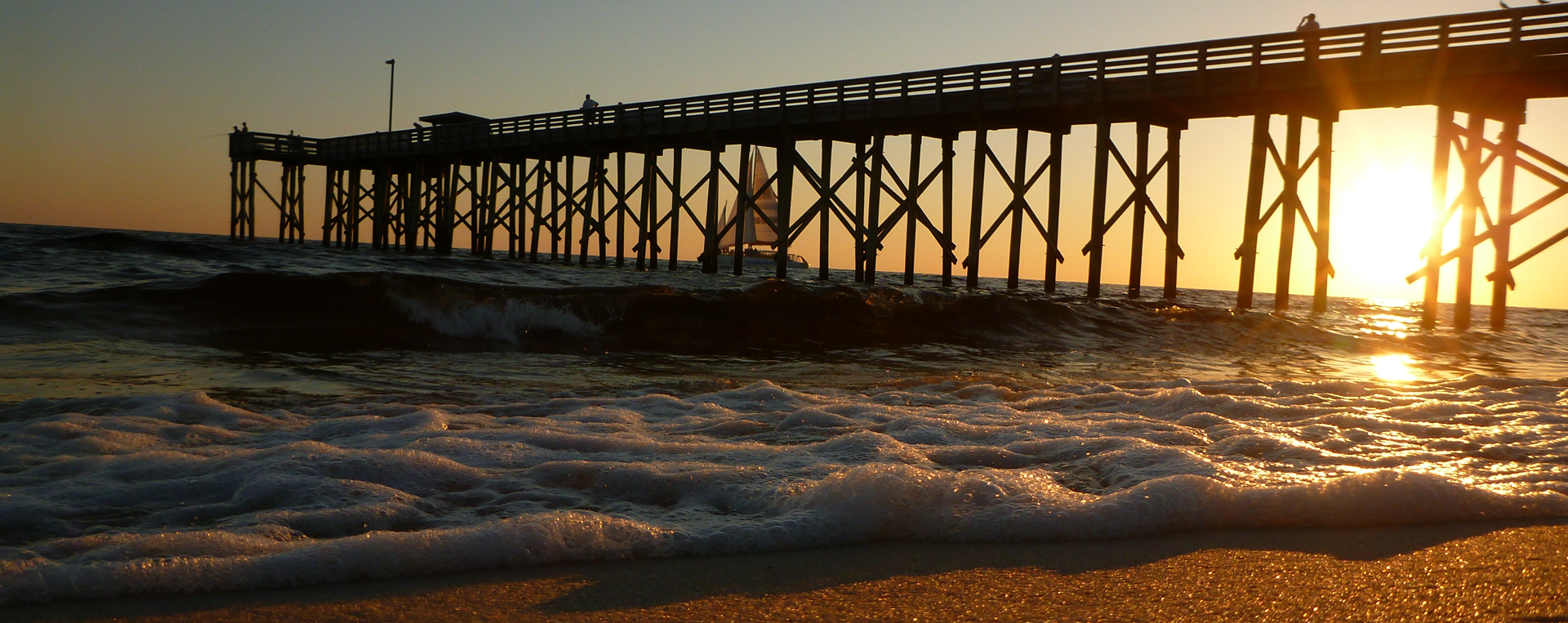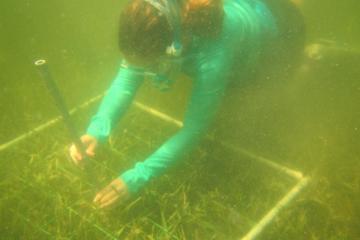Bridging the gap between the scientific community and the public.
The Statewide Ecosystem Assessment of Coastal and Aquatic Resources (SEACAR) is launching a series of science communication and stakeholder engagement efforts to make Florida’s environmental research more accessible, relatable and useful to the public.
This initiative brings together scientists, educators, resource managers and community members through:
- Data and Communication Workshops
- Public Storytelling Seminars and Field Excursions
- Science Communication Training
- Educational Resources for Florida Schools
Upcoming Events
Learning to Translate Science Into Stories
What: Lessons Learned Workshop
When: Tuesday, Dec. 2, 2025 | 9 a.m.–5 p.m. EST
Where: Mote Science Education Aquarium (SEA), 225 University Town Center Drive, Sarasota, FL 34243
Agenda | Register This event is not open to the public. Limited registration, priority will be given to scientists who have attended the ABT training or are presenting at the Dec. 3 seminar.
Science Stories from Your Community Seminar
What: SEACAR Seminar - FREE Event for the Public
When: Wednesday, Dec. 3, 2025 | 8 a.m.–5 p.m. EST
Where: Mote Science Education Aquarium (SEA), 225 University Town Center Drive, Sarasota, FL 34243
Agenda | Presentations | *Register
*Registered participants may choose to participate in one of the following Field Excursions offered on Thursday, Dec. 4: 1). Mote Science Education Aquarium (SEA) tour, 2). Mote Aquaculture Research Park (MAP) tour including the Florida Red Tide Mitigation and Technology Development Facility and the International Coral Gene Bank or 3). Sarasota Bay Explorers guided boat tour.
Program Highlights
Strengthening Stakeholder Engagement
SEACAR collaborates with more than 80 partner organizations. While recent work focused on developing state-of-the-art SEACAR Data Discovery Portal and habitat reports, the team is now prioritizing stakeholder communication. Starting late 2025, SEACAR will host webinars and meetings to reconnect with partners, showcase progress and gather feedback.
Science Communication Training
Translating complex science into everyday language is critical for public engagement. SEACAR is partnering with Dr. Randy Olson and the ABT Team to train participating scientists in storytelling techniques. These skills will be applied during the “Science Stories” seminar. Lessons Learned Workshop. This one-day event on Dec. 2 brings together scientists and communicators to explore what works in science storytelling, especially when it comes to conveying Florida’s coastal resilience.
- Communication Training: June 2 – 6, July 7 – 11, and August 4 – 8, September 22 – 26, 2025 | Registration Closed
- Lessons Learned – Learning to Translate Science Into Stories: Tuesday, Dec. 2, 2025 | 9 a.m.–5 p.m. EST [Register]
Public Seminar & Field Learning
“Science Stories from Your Community” provides a platform for scientists to share their work through compelling, accessible stories. Field excursions will offer hands-on learning to reinforce key seminar themes.
- Science Stories from Your Community: Wednesday, Dec. 3, 2025 | 8 a.m.–5 p.m. EST [Register]
Educational Resources for Schools
SEACAR is developing screen-free, multisensory Traveling Trunks for Florida classrooms. These hands-on learning kits align with CPALMS educational standards and feature materials based on SEACAR data. Created in partnership with Florida’s National Estuarine Research Reserves and the Coral Reef Conservation Program, the trunks are designed to inspire curiosity through hands-on exploration.
Project Team
- Cheryl Clark, Coastal Projects Manager, Office of Resilience and Coastal Protection (SEACAR@FloridaDEP.gov)
- Anita Grove, Coastal Training and Engagement Coordinator, Apalachicola NERR
- Jennifer Harper, Deputy Director, Office of Resilience and Coastal Protection
- Josephine Spearman, Education Coordinator, Guana Tolomato Matanzas NERR
- Kennedy Hanson, Education and Training Specialist, Rookery Bay NERR
- Lia Sansom, Reserve Manager, Guana Tolomato Matanzas NERR
- Marissa Figueroa, Coastal Training and Engagement Coordinator, Rookery Bay NERR
- Maya Bhalla-Ladd, Environmental Specialist III, Coral Reef Conservation Program
- Mollie Cordo, Southeast Regional Administrator, Coral Reef Conservation Program
- Robert Gorecki, Education Coordinator, Apalachicola NERR
This project is funded in part by a grant provided by the Office for Coastal Management under the Coastal Zone Management Act of 1972, as amended, National Oceanic and Atmospheric Administration Coastal Zone Management Program Section.



